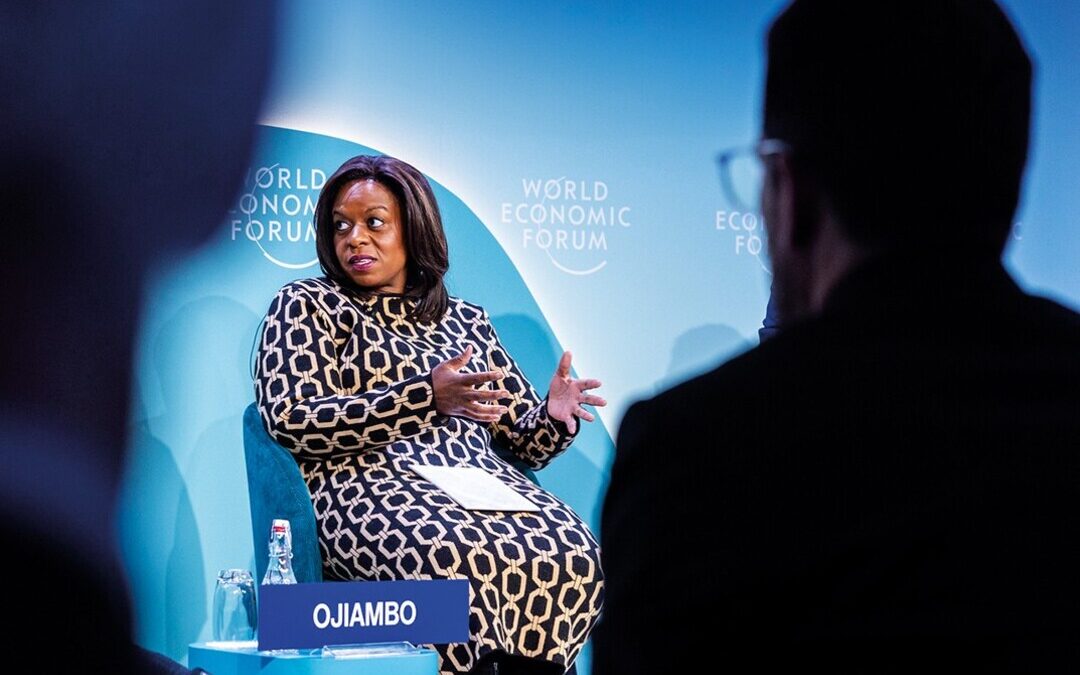Global CEOs Warn Climate Change Threatens 2030 Sustainability Goals
CEOs warn that climate change and global instability threaten the 2030 goals, urging urgent business and policy action.
Nearly all chief executives now see sustainability as vital to business resilience. Yet, most say the world is far off track to meet the United Nations Sustainable Development Goals by 2030, according to the latest Accenture–UN Global Compact CEO Study.
The survey of 2,668 CEOs across 128 countries found that 98 percent believe it is their role to make their businesses more sustainable, up from 83 percent a decade ago.
But leaders caution that progress on the SDGs remains too slow, with current climate pledges putting the planet on course for a 2.5°C rise by 2100. That path overshoots the Paris Agreement’s 1.5 degrees Celsius target.
The study, the largest in its history, draws on responses from 18 industries and 133 in-depth interviews. It shows that while companies are moving ahead on sustainability, their progress is slowed by geopolitical instability, rising costs and uneven policy frameworks.
Business Leaders Say Global Agenda Is Off Track
The report warns that the global sustainability agenda is “off track.” Energy-related carbon dioxide emissions jumped six percent in 2021, hitting their highest level ever.
Deforestation wiped out 10 million hectares of forest in the same year, leaving nearly 40,000 species at risk of extinction.
The pandemic also erased four years of poverty reduction. The working poverty rate rose for the first time in two decades.
Women bore the brunt of job losses, representing 45 percent of global employment cuts in 2020 despite being only 39 percent of the workforce in 2019.
Sanda Ojiambo, executive director and CEO of the UN Global Compact, said the findings highlight the urgency of action. “As we approach the halfway mark to achieve the SDGs by 2030, the message from CEOs is painfully clear: we must accelerate our work in sustainability to build a more resilient future if we are to rescue the SDGs,” she said.
Geopolitical Pressures Threaten Progress
Instability is complicating the pathway to sustainability. Globally, 87 percent of CEOs believe current levels of geopolitical uncertainty reduce the world’s ability to achieve the SDGs.
The war in Ukraine, pandemic recovery, and resource shortages have all fueled volatility in food, energy and supply chains.
These pressures hit small and medium-sized firms hardest. Nearly half of their CEOs report that sustainability efforts have been set back. Developing markets also face obstacles in accessing finance and technology.
Peter Lacy, Accenture’s global sustainability services lead, said companies are adapting but remain constrained.
“CEOs are re-evaluating their investment criteria and developing innovative business models enabled by technology to drive change. They are also increasingly partnering with communities, competitors, and governments to accelerate progress, but these efforts are far from enough,” he said.
CEOs Take Action but Call for Policy Support
Despite the headwinds, companies are embedding sustainability into core strategies. More than six in 10 CEOs report launching new sustainable products or services.
Over half are investing in renewable energy, shifting to circular models, or supporting nature restoration.
Workforce actions include diversity, equity, and mental health programs, as well as reskilling initiatives for the green transition.
Accountability, however, remains uneven. Only 34 percent of companies link executive pay to sustainability performance.
At the same time, 93 percent of CEOs say short-term government policies hinder their ability to invest in long-term resilience.
Leaders want policymakers to provide clearer roadmaps and consistent frameworks. Stronger regulation, climate finance, and renewable energy incentives are seen as crucial to scaling corporate action.
Election-cycle thinking, CEOs argue, cannot solve long-term problems such as climate change and inequality.
Hope Remains, but Momentum Must Build
Despite setbacks, CEOs express cautious optimism. The study shows that 92 percent believe the SDGs can still be achieved by 2030, but only with stronger collaboration between governments and business.
Many highlight renewable energy, digital innovation and supply chain reforms as practical steps that can be scaled.
Executives stress that sustainability is no longer just a moral issue. It is also a source of competitive advantage. Over 63 percent of leaders are pursuing sustainable innovation to open new markets and strengthen resilience.
The report concludes that urgent action is required to rescue the SDGs. Without broader cooperation, the world risks higher climate costs, widening inequality and weaker resilience.
Business leaders warn that unchecked climate change could deepen social divides and disrupt global markets.
For Ojiambo, the task is clear. “We must accelerate our work in sustainability,” she said. Lacy echoed that message, adding that the private sector cannot act alone.
Governments, investors, and communities must align with business to drive the transformation needed to confront climate change and secure a sustainable future.
Also Read:
India, UN Launch South-South Cooperation Initiative to Drive SDG Progress
Nirmal Menon
Related posts

Subscribe
Error: Contact form not found.


